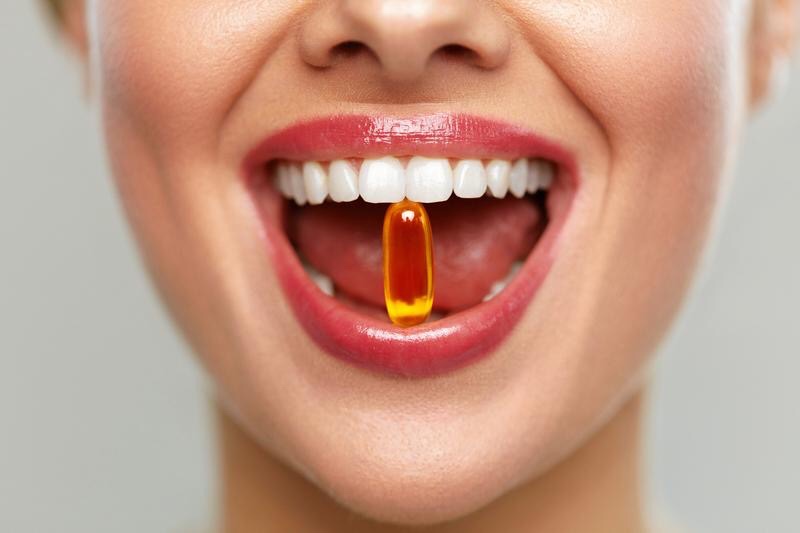Vitamin D is an important vitamin supplement that has essential for your body. It is a private vitamin supplement line that supports calcium absorption, strengthening your tooth and reducing the risk of tooth decay. In this article, we will be discussing how vitamin D improves your dental health.
What is tooth decay?
Tooth decay is damage to the tooth surface. It occurs when bacteria in your mouth make acids to attack your enamel. It can lead to cavities, which are holes in the teeth. It can cause pain or lead to tooth loss. Tooth decay is not linked with good oral hygiene. A major factor of tooth decay is vitamin D deficiency. Vitamin D is absorbed when sunlight touches the skin. Vitamin D is essential for building healthy bones. Vitamin D supports the absorption of calcium which creates the bone structure that makes up the tooth enamel. Your enamel is made up of dentin that contains live cells the body uses to protect the nerve inside your tooth. The dentin sits at the border of your enamel and releases immune cells that repair damaged dentin. However, this is only possible with the production of vitamin D.
Cavities
Cavities are permanently damaged areas on the surface of your tooth, and they develop into tiny holes, and it is caused by several factors such as sugary drinks and frequent snacking. Cavities are frequent among teenagers and older adults. Tooth cavities are caused by plaque, which is a sticky substance that stays on the tooth. The plague consists of bacteria, food particles, saliva, and acid. The plague sticks to tooth, and the acid can damage your tooth enamel. As your tooth enamel weakens, it increases the risk of tooth decay.
Bleeding Gums
Bleeding gums is also known as gingivitis, which is a sign of an inflamed immune system. Vitamin D plays a critical role in managing your immune system and controlling how immune cells are formed. Bleeding gum is a sign of underlying gum disease. Eating fruits and vegetables, along with vitamin D, can improve your oral health. Ensure you get your recommended dosage of these nutrients.
What are the best food sources for vitamin D?
Foods that provide vitamin D includes:
- Mackerel, Salmon
- Egg Yolk
- Cheese
- Beef liver
- White Beans
- Soybeans
- Orange juice
- Cereals
- Spinach
- Kale
- Okra
Conclusion:
Tooth decay and bleeding gums are common problems facing dental health. Bleeding gums is the first sign of gum disease, and gum disease is a chronic inflammatory disorder.
While maintaining oral hygiene is essential, NutriSport Pharmacal shows that frequent Vitamin D intake is essential in promoting dental health and preventing tooth decay and gum disease. You can manage your vitamin D levels through a healthy lifestyle and diet. It is important always to check your vitamin D levels in your body. Vitamin manufacturers can provide a vitamin supplement line that will boost vitamin D levels in your body.

